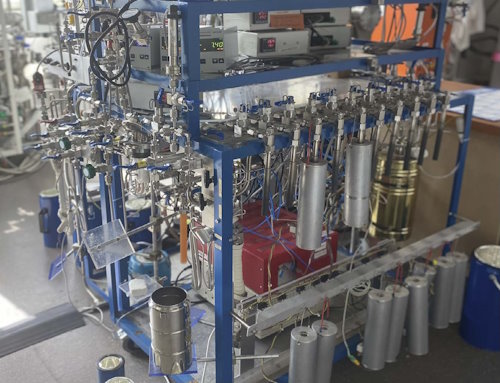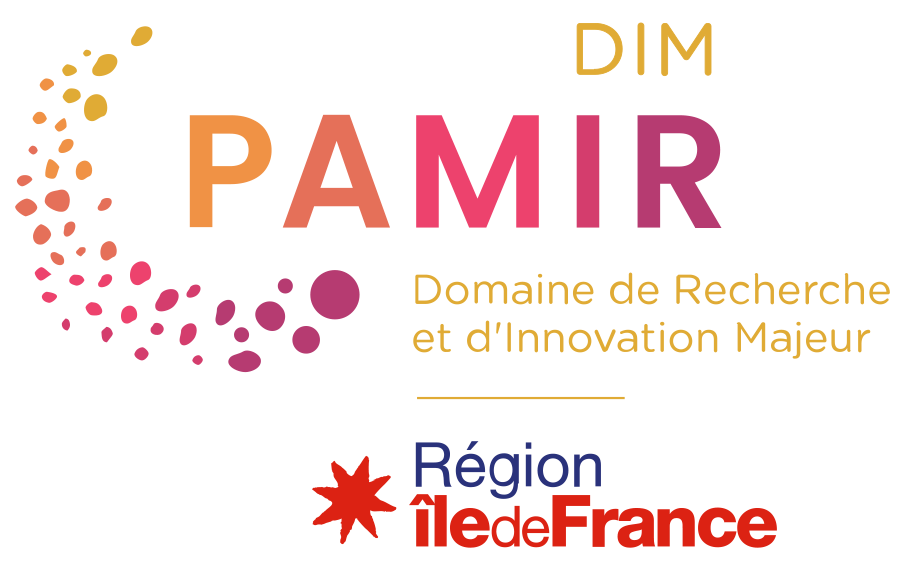
DUALCLUMPED
Build the first dual clumped isotope laboratory in France for reconstructing the formation and alteration conditions of ancient carbonate materials
Scientific responsibility :
- Magali Bonifacie
- Gérard Bardoux
- Guillaume Landais
- Pierre Sans-Jofre
- Benjamin Brigaud
- Peggy Vincent
- Fabrice Minoletti
Collaboration
- Florence Durret (Association Femmes et Sciences)
- Miryam Morand (Service communication DR01, CNRS)
Methodological axes :
Thematic fields :
Funding :
- DIM PAMIR
- Université Paris Cité
- CNRS
- IPGP
- GEOPS
- IMPMC
Project ID : IDF-DIM-PAMIR-2023-9-002
Summary :
DUALCLUMPED aims to equip the Region Ile de France with the first dual clumped isotope laboratory (Δ47+Δ48) in France, where only two teams are currently mastering the measurements of single clumped isotopes thermometry Δ47 (including IPGP). This coupling will allow a firm and long-awaited diagnosis on the formation temperature of carbonates and phosphates of the sedimentary records, which are key to constrain the evolution of environments and climates on Earth during geological times, and thus to better constrain the conditions prevailing for the appearance and evolution of life or the current climate change. This new dual clumped Δ47+Δ48 tracer can also reveal formation or alteration conditions for these minerals, which are key to other questions where temperature is not the targeted parameter (e.g., origin of the mineralizing fluid, preservation of the initial isotopic composition, identification of bio-carbonatation mechanisms playing a major role in controlling the carbon cycle, biological or abiotic origin of materials with potentials for fingerprinting traces of primitive life). These questions will notably be investigated through the study of samples from the Geology and Paleontology collections of the MNHN, in collaboration with four laboratories member of the DIM PAMIR (GEOPS, IMPMC, ISTEP, CR2P). DUALCLUMPED targets the acquisition of an isotope ratio mass spectrometer (IRMS) to analyze the abundance of rare multi-substituted molecules 13C18O16O and 12C18O18O of carbonate materials as well as the construction and interfacing of an automated line for sample preparation. This will allow: (i) to increase the speed (ie., reducing manpower) and ease of data acquisition (with “user-friendly” analysis and data processing); and (ii) to estimate the formation conditions of a wide variety of carbonaceous materials with high precision (±1°C on temperatures). The facility will be open to many users/applications via the PARI platform.

